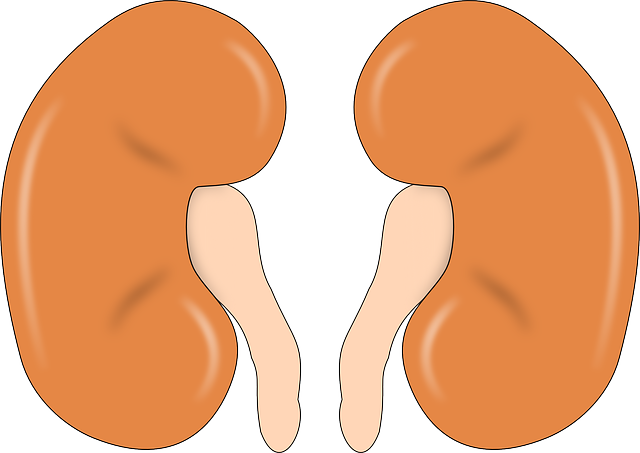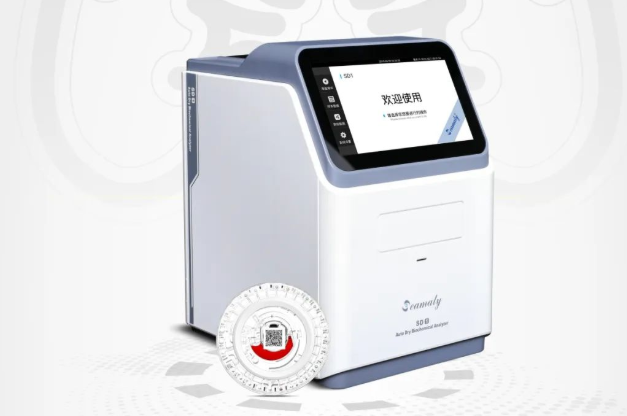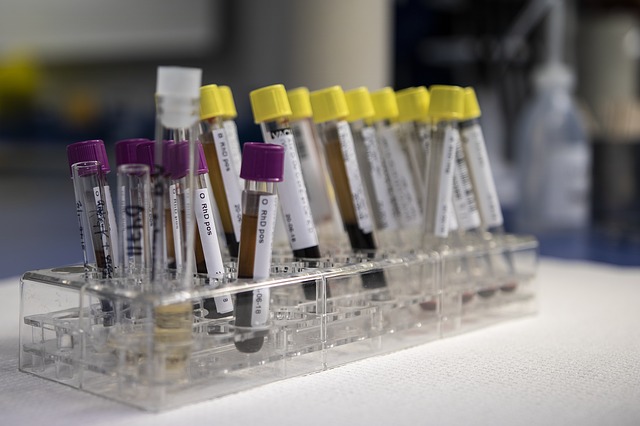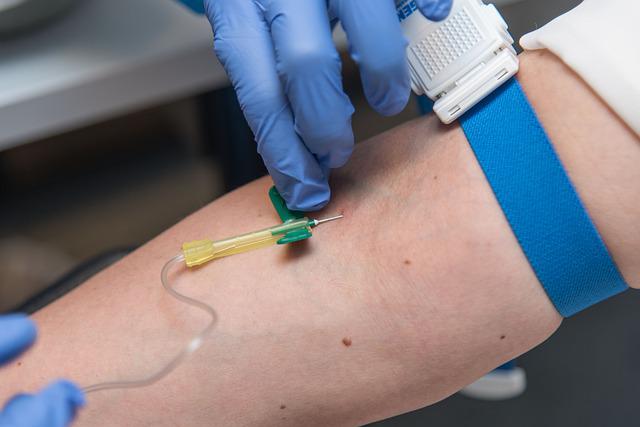As one of the body's detoxification organs, the kidneys play an important role. If the kidneys become diseased, blood filtration, fluid and electrolyte balance will be affected, and serious cases may even require haemodialysis or kidney transplantation to maintain the normal functioning of the body.
In clinical practice, blood biochemical indicators such as creatinine (Crea), urea (Urea) and uric acid (UA) are commonly used to determine the quality of kidney function. Today, let's get to know more about creatinine.

What is creatinine?
An elevated creatinine level does not mean abnormal kidney function. Creatinine (Crea), the end product of creatine metabolism in the body, is usually composed of exogenous and endogenous sources.
Exogenous creatinine is the metabolic product produced by the breakdown of the meat food consumed daily in the body. In contrast, the metabolites produced by the breakdown of one's own muscle tissue are endogenous creatinine. The latter is what we often refer to as blood creatinine.
Blood creatinine is mainly excreted by the glomerulus after filtration and is not reabsorbed by the renal tubules. Therefore, the daily excretion of urinary creatinine is basically equal to its production under normal conditions. Under controlled exogenous creatine intake and in the absence of strenuous exercise, daily creatinine production is relatively constant.
The concentration of creatinine in the blood therefore depends mainly on the filtration and excretion functions of the kidneys. When the kidneys are damaged, the creatinine produced in the body cannot be excreted sufficiently and the blood creatinine will rise. This is why the level of blood creatinine is often used to assess kidney function in clinical practice.
However, because creatinine levels are related to one's own muscle mass and the amount of meat in one's diet, blood creatinine levels are also influenced by age, gender, race and nutritional status. Therefore, elevated creatinine is not necessarily due to kidney problems.
Top 5 common causes of elevated blood creatinine that you must know!
There are many reasons for elevated creatinine, mainly focusing on the following 5 areas.
1. Age
The value of serum creatinine increases with age. In general, the normal value of creatinine is 53-106μmol/L for men and 44-97μmol/L for women, and can be higher than normal for the elderly.
Some studies have shown that serum creatinine values in elderly men over 70 years of age can reach up to 120 μmol/L. This is mainly due to the physiological decline in kidney function in the elderly, which leads to an increase in creatinine. Therefore, there is no need to worry too much about a slight increase in creatinine in the elderly.
2. Strenuous exercise
Endogenous creatinine is a product of muscle tissue metabolism. After strenuous exercise, excessive production of creatine phosphate in muscle tissue for a short period of time can also cause a transient increase in blood creatinine values. This reminds us that it is not advisable to exercise strenuously before the physical examination.
3. High protein diet
If you eat a large meal and a lot of meat before the physical examination, you will also have elevated creatinine. This is because a high protein diet can also lead to a transient rise in serum creatinine afterwards. This is a source of exogenous creatinine. However, this elevation is usually mildly elevated.
4, Kidney disease
Creatinine is mainly excreted by glomerular filtration and is not reabsorbed by the renal tubules. Therefore, the level of creatinine value can reflect the good or bad glomerular filtration function. In general, the higher the creatinine value, the poorer the glomerular filtration function.
In addition, many diseases can cause damage to kidney function, which can lead to an increase in serum creatinine. For example, nephrotic syndrome, chronic nephritis, diabetic nephropathy, hypertensive nephropathy, lupus erythematosus nephropathy, kidney stones and severe infections. However, this needs to be combined with other examination indicators to clarify the cause.
5. Drug-related kidney damage
Drug-related kidney damage can also increase blood creatinine. If the patient has used or has been using drugs for a long time, and the drugs are mainly excreted by the kidneys, or have adverse effects on the kidney parenchyma or glomeruli, drug-induced kidney damage should be considered.
What should I do if I find elevated blood creatinine? Doctors offer 2 practical suggestions
1. Physiological elevation of blood creatinine
You should adjust your diet and lifestyle habits, adhere to a low-salt, low-fat diet, avoid strenuous exercise, do a good job of nutrition and remove the triggering factors, blood creatinine can often be reduced to normal.
2. Pathologically elevated blood creatinine
Patients in this category should pay attention. You should immediately go to the hospital to improve the relevant tests to clarify the extent of kidney damage and assess whether there are any aggravating factors that can be corrected.
The Seamaty Automatic
Dry Biochemistry Analyzer SD1, with 100 μL of blood, gives results in just 3 steps and 12 minutes. This is complemented by a 10-item electrolyte kit (3 renal + 7 electrolyte tests). The biochemistry kit can detect Crea (creatinine), UREA (urea), UA (uric acid), Ca (calcium), CI (chloride), K (potassium), Na (sodium), Mg (magnesium), PHOS (inorganic phosphorus) and tCO2 (carbon dioxide), so that you can know everything about your kidney in one test!




